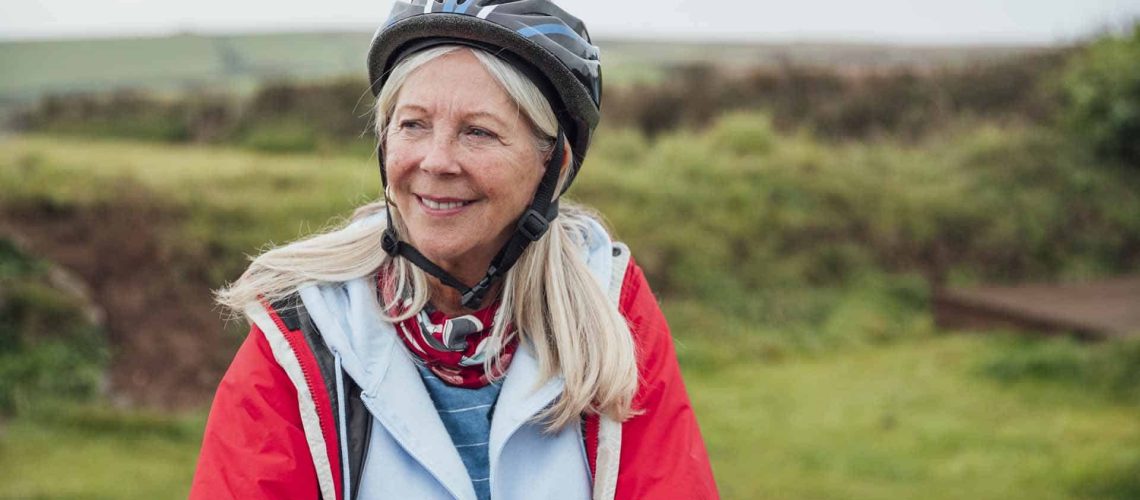
Each year, almost 3 million people in the U.S. go to the emergency room after a head injury, reports the Centers for Disease Control and Prevention (CDC). Almost 60,000 of these injuries prove to be fatal, and almost 100,000 lead to permanent disability.
Many of these head injuries happen to older adults, but people of every age can suffer a brain injury as a result of a fall, car crash, sports injury, occupational accident, assault, or intentional self-harm.
The American Academy of Neurology reports that a traumatic brain injury (TBI) earlier in life can double a person’s risk of developing dementia or Parkinson’s disease later on. Even the mildest form of brain injury, a concussion, can cause ongoing memory and thinking problems. Recent research suggests that concussions can interfere with the brain’s ability to remove harmful wastes.
Identifying a concussion
A person who has suffered a concussion may experience a headache, nausea and vomiting, dizziness or balance problems, sensitivity to light, confusion, and loss of consciousness. People around them might notice that the person seems confused and is acting “different.”
If you or another person experiences these symptoms, it’s important to seek immediate medical attention. Prompt diagnosis and treatment can reduce the risk of long-term effects.
Preventing brain injuries
Experts say that when a person has experienced a head injury, it’s all the more important to prevent another! Here are steps we can take to reduce our risk of brain injury:
Always wear a seatbelt in the car. Make sure your passengers do, as well. Children should be in approved safety seats.
Never drive while impaired in any way—which includes not only the effects of alcohol and drugs but also fatigue and distraction. Vision loss and memory problems also make it less safe to drive. And have your medications reviewed; some can cause side effects such as drowsiness and confusion.
Be a watchful pedestrian. Cross at designated crosswalks, look both ways and don’t enter a crossing if you’re not sure you have enough time to make it safely to the other side. Don’t take chances or “stand your ground” with a car in a crosswalk—pedestrians never get the best of it in these collisions. And leave your smartphone in your pocket or purse to avoid joining the increasing number of Americans who suffer a “distracted walking” injury.
Wear a helmet during sports—and that doesn’t only include football. Every year many people suffer head injuries while cycling, skiing, sledding, skating, climbing, or horseback riding. There are appropriate, comfortable helmets for all those activities.
Protect against falls. Accidental falls are a top cause of head injuries, especially among older adults. Fall-proof your house by removing clutter, fixing hazards, and upgrading handrails and lighting. Ask your doctor for a fall risk assessment, and consider taking a fall prevention exercise class.
Learn to protect your head if you fall. Physical therapists and exercise trainers can provide instruction on how to reduce the risk of head injury in the event of an unintentional fall. Ask your doctor if this kind of training would be recommended for you.
If you are in danger of harm—from another person or yourself—report it. Each year, people are injured by violence during a crime. Non-fatal suicide attempts can also leave survivors with a serious brain injury.
After a brain injury
Most people with a serious head injury will require rehabilitation, which is designed to help them regain function and recover as fully as possible.
People who are recovering from a brain injury, even a mild one, should also make lifestyle choices that are good for the brain, such as appropriate exercise, keeping diabetes and hypertension under control, and eating a brain-healthy diet with lots of fruits, veggies, whole grains, and healthy fats.
Welbrook Santa Monica provides a supportive environment to promote safety and overall wellness for each guest.

